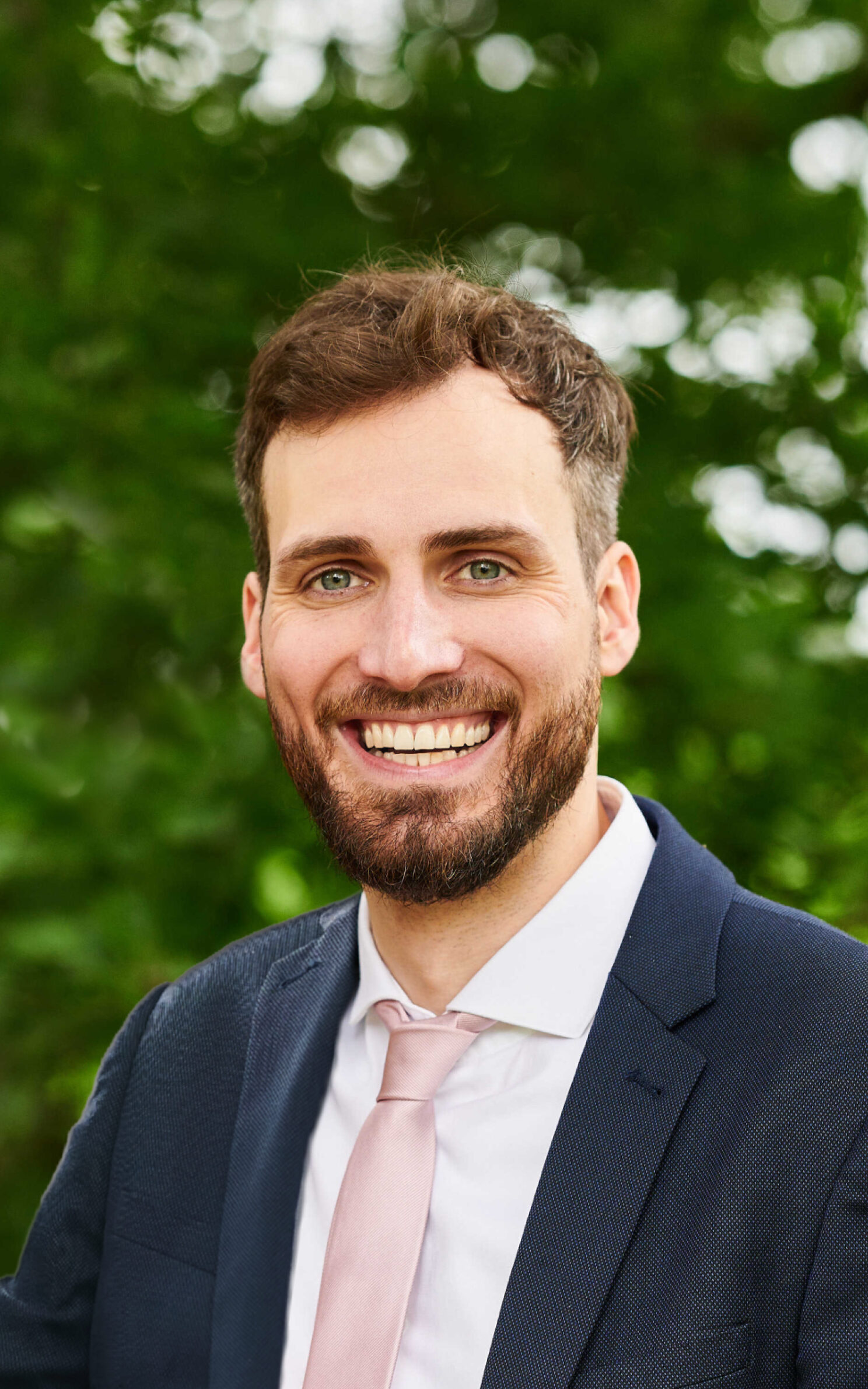
Hedwig te Molder is a full professor of Language and Communication at Vrije Universiteit Amsterdam and a guest professor Science Communication at Wageningen University. She studies how people communicate issues of science and technology in their everyday lives, using Discursive Psychology and Conversation Analysis. She has a special focus on the changing role of experts and expertise in an alleged ‘post truth’ society. Domains of application are nutrition practices in lower SEP-groups and elderly people, childhood and COVID-19 vaccination, and health effects of livestock farming in rural areas. In these areas, her applied interest lies with making the shift from debate to dialogue.
Bogdana Huma is an associate professor in Communication at VU Amsterdam. With a background in psychology and sociology, Bogdana is interested in the fundamental role that language plays in the construction and negotiation of reality and morality across a variety of institutional settings such as sales calls, live television shows, and healthcare interactions. Her research draws on a range of interaction analytic methods – discursive psychology, conversation analysis, ethnomethodology, and membership categorisation analysis – to uncover, for example, the moral accountability of social influence and how accusations of ‘mansplaining’ are accomplished and dealt with.
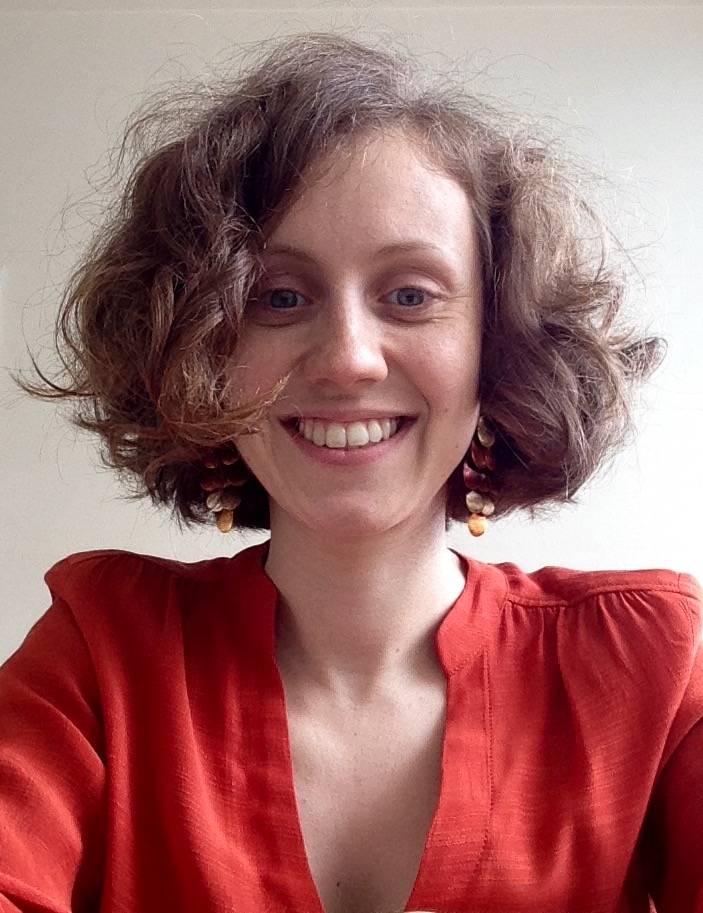

Luuk Lagerwerf is an associate professor of Language and Communication at Vrije Universiteit Amsterdam and program director of Communication and Information Studies. Trained as a linguist he further developed himself in Communication Science and empirical methodologies. His research interests concern the design of communication messages and their effects in audiences, especially in news, political and health communication, and advertising. In recent research he investigated the effects of headline formulation characteristics on the number of headline clicks, using A/B test data provided by several Dutch newspapers.
Elliott Hoey is an assistant professor of Language and Communication. Relying primarily on methods of conversation analysis, his research has tackled some underexamined corners of social interaction, including long silences in conversation and behaviors like sniffing, sighing, and drinking. More recently he has focused on the coordination of construction site activities and the organization of palliative care consultations.
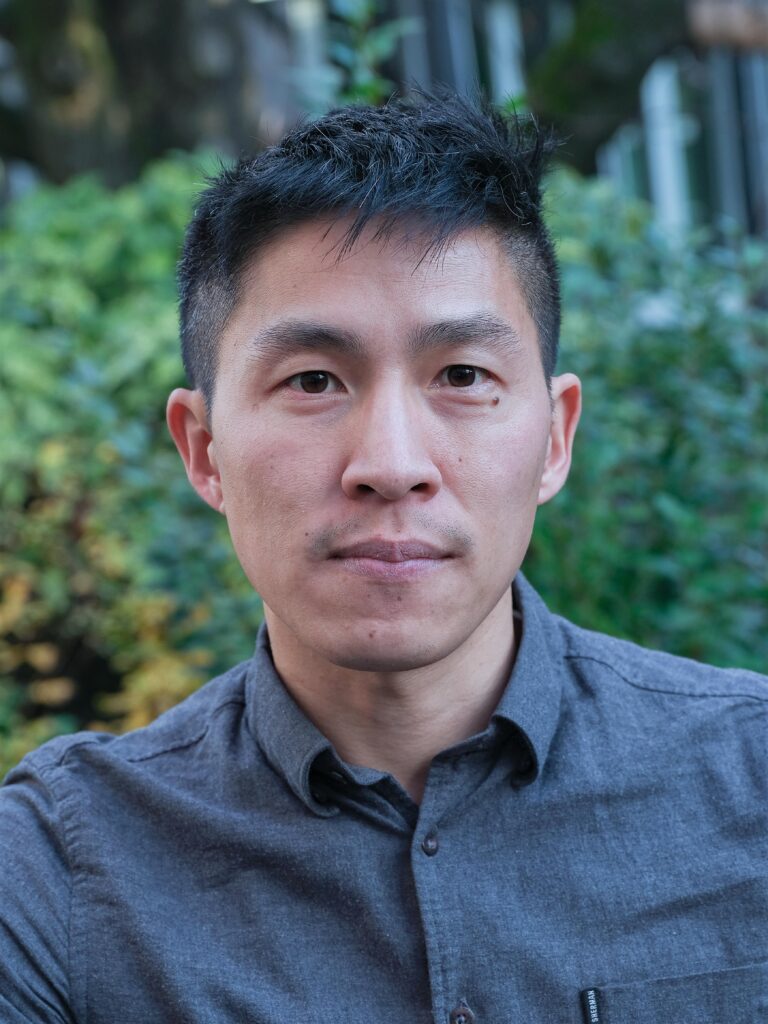

Fleur van der Houwen is a (forensic) linguist. Her research draws primarily on insights from conversation analysis, pragmatics, and sociolinguistics. Her research interests include the analysis of communicative strategies that speakers draw upon to tell their side and/or to pursue their (institutional) agenda while also negotiating potential interactional and/or institutional constraints. She regularly serves as a linguistic expert for the court and a consultant for police and lawyers, examining, for instance, authorship disputes and interrogations with suspects.
Lotte van Burgsteden is assistant professor at the Language and Communication group. Using conversation analysis, her main interests lie in what actions people perform with language. Her research mainly focuses on how people engage in dialogue on topics varying from the health effects of livestock farming, to the health of newborn, and the role of science in society.
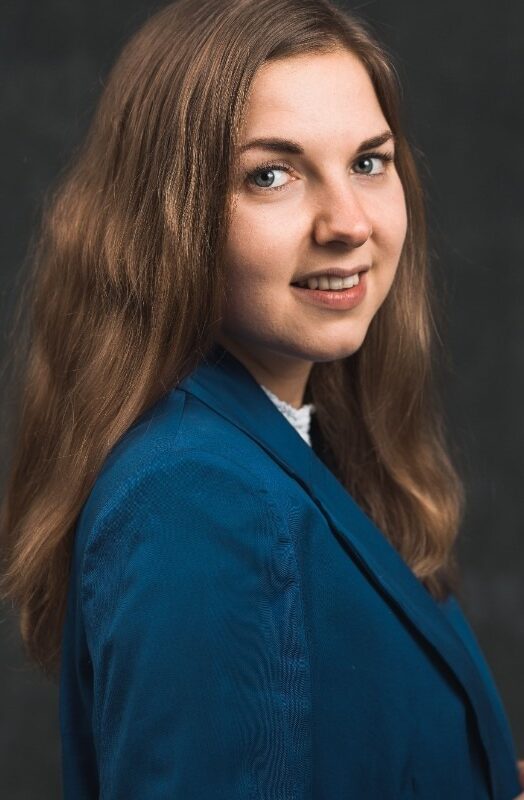

Nanon Labrie is assistant professor of Language and Health Communication at the Vrije Universiteit Amsterdam and guest researcher at the Department of Pediatrics-Neonatology at OLVG Amsterdam. Her research is focused on the role and effects of language and communication in medical consultations, with a particular interest in the use of argumentation and persuasion in treatment decision-making. In 2019, Nanon obtained an individual fellowship the Dutch Research Council (NWO, Veni) to study the impact of language and interaction in neonatal/pediatric care.
Florentine Sterk is an assistant professor at the Language and Communication group. Her research focusses on forms of expert to non-expert communication, such as science communication, science journalism, and health communication. These forms of communication require recontextualization and reformulation of expert discourse to make information accessible to a non-expert audience. Florentine’s research interest lies with how these processes are reflected in discourse.
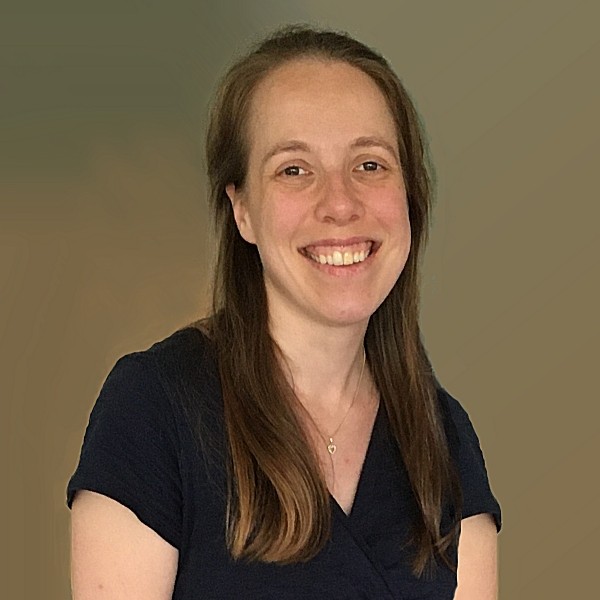
Gudrun Reijnierse is an assistant professor in Language and Communication. She studies the use and effects of metaphors, and language more broadly, in science communication. Through a mixture of research methods (including content analysis and experiments) and in interdisciplinary collaboration with researchers from different fields (including communication, physics, and health care), her work specifically explores the role of metaphor as a tool for (dis)connection in communication between science and society. Gudrun is also interested in other aspects of science communication, including the role of expertise and factchecking. In addition, she has a strong interest in methodological innovation, and developed various methods for systematic metaphor analysis.
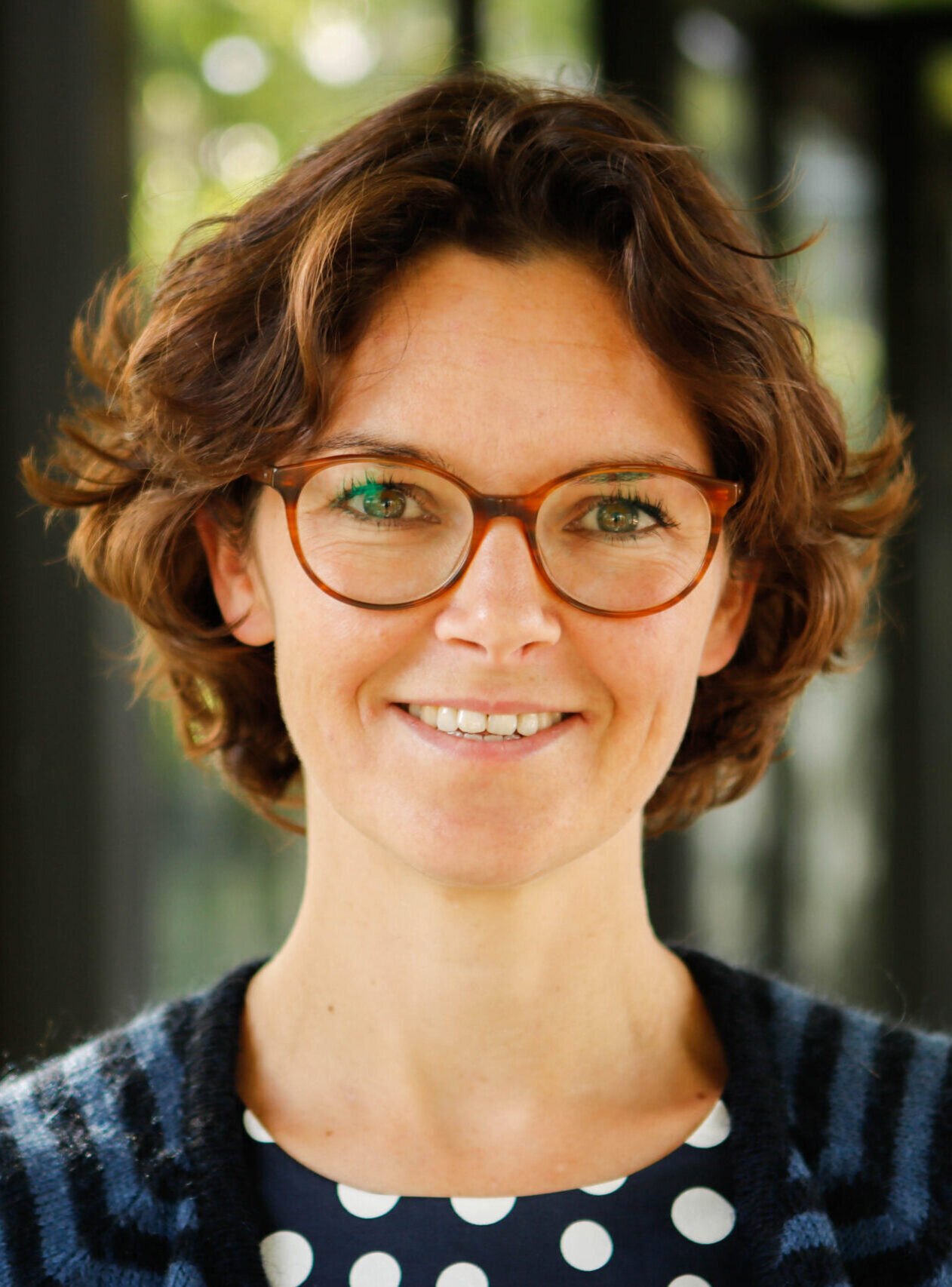
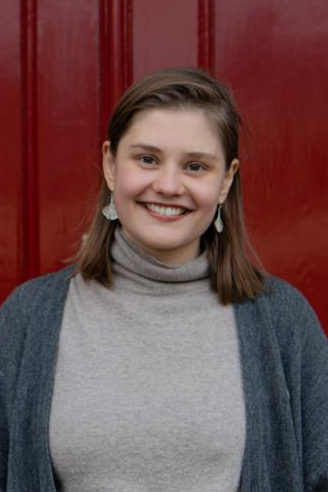
Aniek Antvelink is a PhD-student in the Language and Communication research group at the VU. She has a mixed background of anthropology and communication studies. Currently, she is working on an interdisciplinary project that aims to develop a new technology to screen for cervical cancer. She will collaborate with women from different minority-backgrounds to co-create this technology and reduce health inequality. To do so, she will use Conversation Analysis, Participatory Design and Respondent Driven Sampling.
Femke van Bruggen is a PhD student in the Language and Communication group at the VU. She studied international media & communication, later specialized in (consumer) behaviour and sociology and is particularly interested in issues related to science and technology. Her PhD project focuses on the role of metaphor in communication about emergent climate technologies. The goal is to map these public discourses across time, and media platforms and address the roles of various stakeholders in discussions about the future.
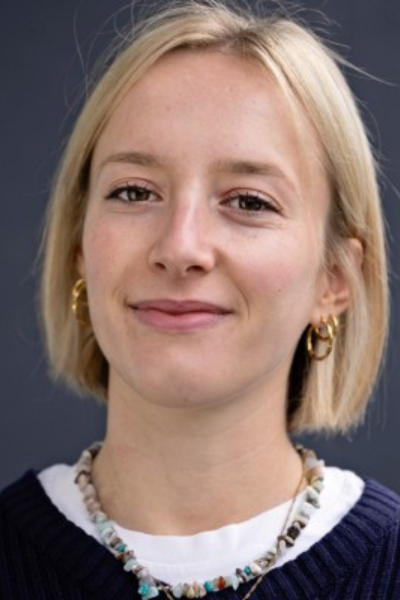
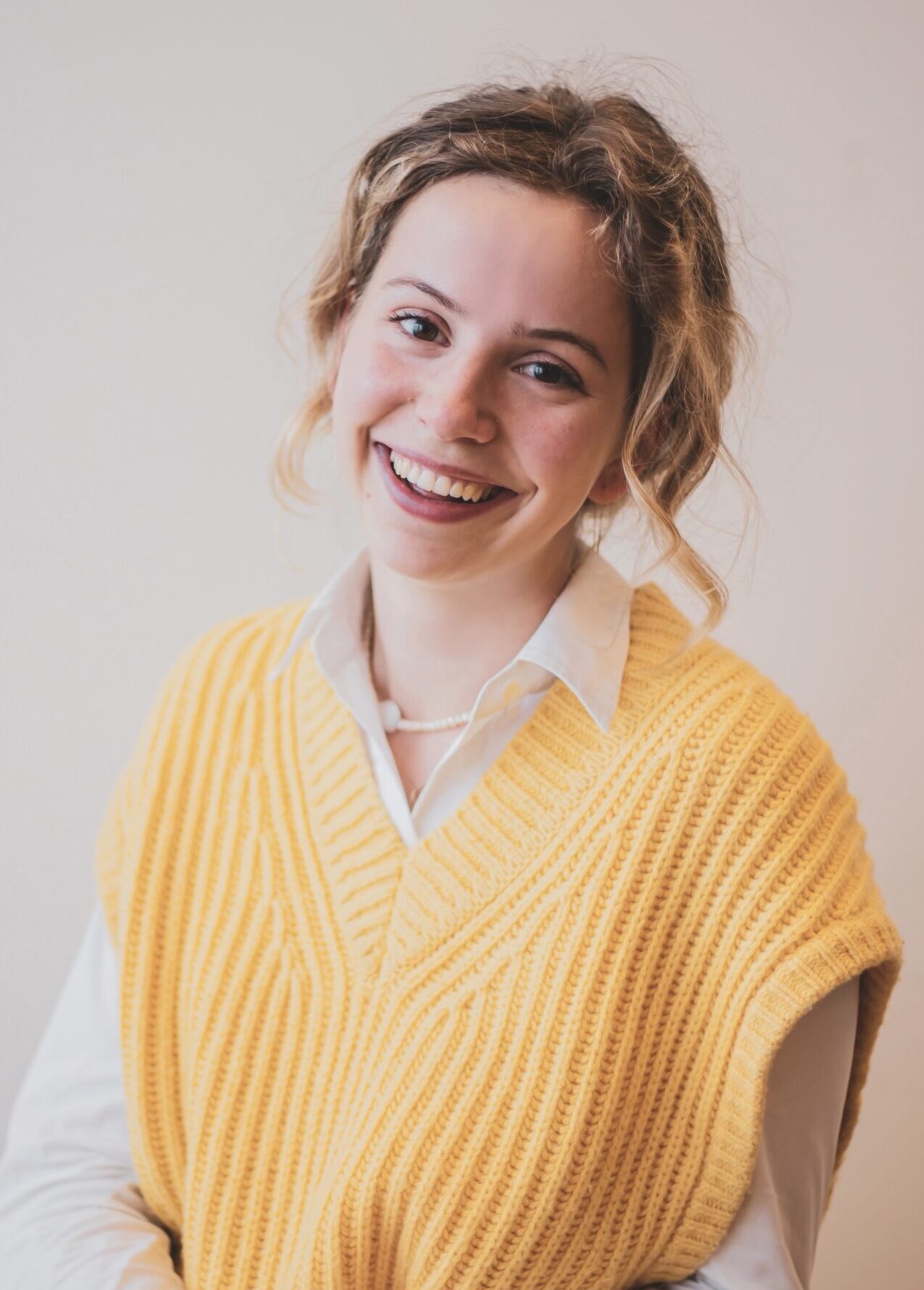
Lieve van Hengel is a PhD student in the Language and Communication group at the VU. In a project on child vaccination in Dutch vulnerable areas, she combines conversation analysis and citizen science. She analyzes interactions with parents in neighborhoods with lower vaccination rates and supports the establishment of a Community of Practice in which key community members, professionals, and/or parents can share knowledge.
Robert Prettner is a PhD student at the chair group of Language and Communication. His research interests revolve around interdisciplinary approaches to study the (sometimes) turbulent relationship between scientific, societal and political actors. The basis for these studies are micro- and macro-level phenomena of communication that can either lead to synergetic action or fiercely debated controversy. For his dissertation project, Robert studies medical consultations about childhood vaccination, combining a Conversation Analysis of real-life data with an online-survey about parental experiences.
